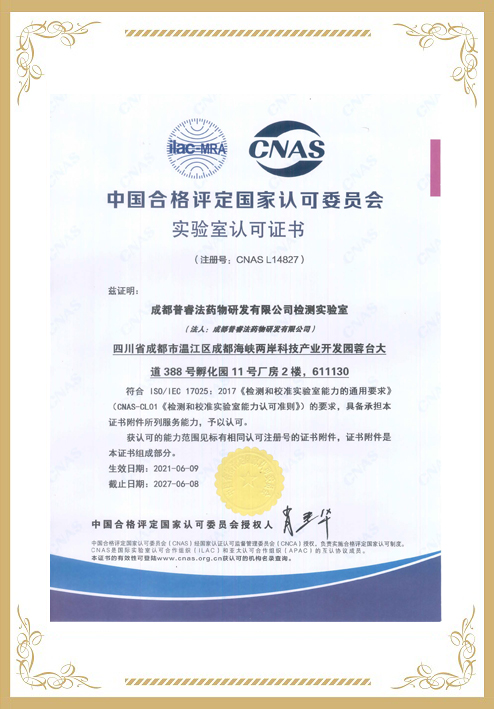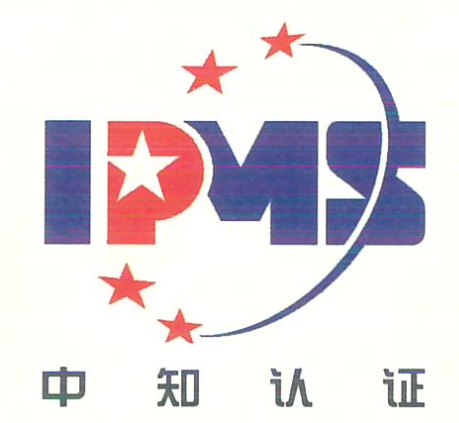Oral cancers which affect the oral cavity and oropharynx
represent a significant health concern. Particularly, in certain
developing countries, they rank among the top three for cancer
incidence [1]. Among oral malignancies, oral squamous cell
carcinoma (OSCC) predominates, constituting roughly 90% of
cases. Unfortunately, most OSCC diagnoses occur at advanced
stages, resulting in the five-year disease-specific survival rate
of only 50–60% [2]. The location of OSCC significantly impacts
patients’ quality of life, often impairing critical functions such
as speech and taste [3]. Despite the advance in conventional
treatments, including chemotherapy and radiotherapy, approx-
imately one-third of patients experience recurrence and de-
velop resistance to therapy [4,5]. Therefore, there is a pressing
need for novel and optimized treatment approaches.
Ophiopogon japonicus, a traditional Chinese medicine, has
drawn attention for its therapeutic properties in managing car-
diovascular and inflammatory conditions [6-9]. Its beneficial
effects on cardiovascular health include anti-ischemic and
anti-arrhythmic activities, platelet aggregation inhibition, and
microcirculation enhancement [10,11]. Ophiopogonin D (OPD),
a steroidal glycoside derived from
O. japonicus, also demon-
strated diverse biological activities, including anti-thrombotic
and anti-inflammatory effects, as well as antitussive proper-
ties [12-15]. However, its potential anticancer activity against
OSCC remains unexplored. Here, we present the cellular ef-
fects of OPD on cell viability, proliferation, apoptosis, and me-
tastasis in YD38 OSCC cells. OPD strongly inhibited the cell
proliferation and metastasis, and induced apoptosis in YD38cells, suppressing vital proteins in the integrin/matrix metal-
loproteinases (MMPs)/FAK and AKT/PI3K/mTor pathways.























